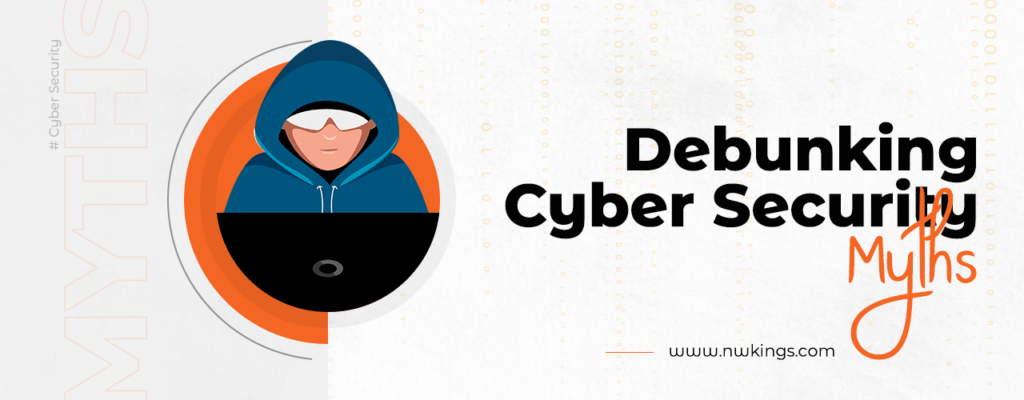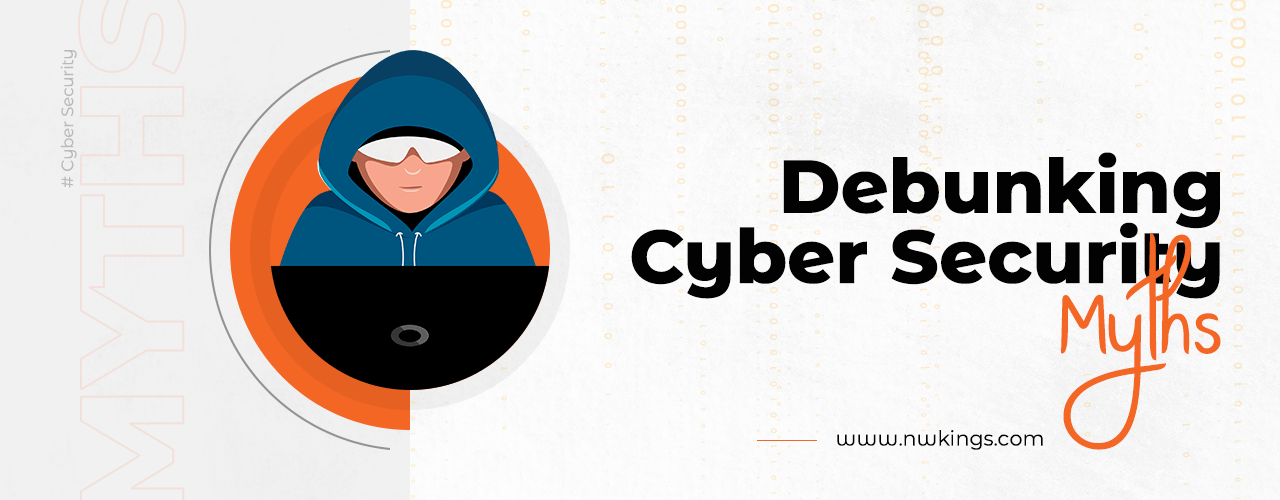
Your password is too weak, we’ve all seen this, right? We often jokingly respond well, so is my memory, haven’t we? Sounds like a funny yet common incident, but that’s not how security should be treated, for all we know data theft can prove to be utterly dangerous. The fear we experience when we leave our phones unlocked or systems logged in is due to a lack of cyber security.
Cyber Security is one of the important topics that are concerned when we discuss IT as a whole. Even in daily life cyber security is of paramount importance. Cyber security is as good as essential to any system. Well, you definitely know what cyber security is but let’s see it once again.
Cyber security is referred to as the practice of defending computers, servers, electronic systems, mobile phones, data, and networks from any malicious attacks. With the advent of the new age, data is becoming the currency and so is its safety. Hence Cyber security is growing at an alarming pace. With the hype around cyber security, there are numerous myths and notions as well.
In this blog we shall address the same and discuss the most common myths regarding cyber security, also we will try to debunk those myths.
Cyber Security Myths or Facts:
1. Hackers won’t target your small business
Myth or a fact?
Most definitely Cyber Security myths. This myth is something that got widely spread if we go by the media coverage. Believing that only big organizations get attacked is a myth. It is persistent because the news, and mainstream media propagate that huge sums of money can be extorted from such organizations. Many researchers and federations for small businesses have reported that small businesses have at least 10,000 cyber attacks a day.
Reason: The reason for this widespread weak security amongst all small business ventures was attributed to reasons like lack of formal password policies, absence of updates and not utilizing the security software.
Why are small businesses targeted?
Although the financial gain by hacking into a bigger enterprise is definitely way more, an attack like this can force a small business to shut down forever.
Every 19 seconds a small business is attacked in the UK. An absolute fact.
2. Protection is only needed from hackers.
Myth or a fact?
A 100%, not a fact. Hackers are one of the biggest potential threats that exist, but we can not be naive enough to ignore the threat that is posed to the data, information, etc from inside malicious attacks, by staff members, etc.
Reason:
The reason can either be unintentional or due to an employee’s negligence, for instance, an employee can lose USB sticks with sensitive data on them.
Secondly, a disgruntled employee can also leak information, if they have access to customer information or any kind of sensitive information.
What can be done to prevent this?
The way to prevent such insider attacks is, to lock down access to highly sensitive information, or customer information. Secondly, ensuring that fewer employees have access to information is crucial.
As for accidental breaches, there should be a policy that works to combat the damage or prevents causing the damage. There should be policies that state removable devices should be encrypted.
Excessive downloading could be a sign of an Insider threat. Another fact.
3. Your passwords are going to keep you safe.
Myth or a fact?
This one remains a paradox. The stance is still unclear as the passwords are essential to ensure a system will be safe, although a password won’t guarantee complete safety from threats of any kind. There still remains a long-held misconception about passwords. The first one is that capital letters, numbers, or special characters will make the password uncrackable. The password, however complex, if it is short will be easier to crack. The length of the password is the real trick, if it is longer it will definitely take time for the hacker to crack it.
Reason:
The reason for the propagation of this myth is that a lot of business accounts require uppercase letters, special characters, etc.
How to counter this issue?
It is advisable to always have a long password because it’ll be harder for the hacker to crack. It’s always recommended to use a phrase from a movie or book that you can remember.
The second way to ensure safety for a given account is two-factor authentication or multi-factor authentication. This way if your password is with the hacker also, a confirmation will be sent to you over your phone, on your number.
Uppercase letters, special characters, still do not make an uncrackable password.
A bet worthy fact.
4. A basic antivirus is enough to protect your business:
Myth or a fact?
The most common myth. Thinking that you have installed antivirus in your system and it shall protect you against all kinds of dangers, data thefts, viruses, etc, is the height of being naive. Those days are long gone when McAfee or Avast antivirus software would suffice and be enough to protect and provide security to the system. There are far more competitive tools in the market that dodge threats, such as ransomware, etc.
Reason:
The traditional antiviruses aren’t competent enough. We are still stuck up in the conventional means of ensuring security.
How to ensure security:
The question that remains is if the conventional antivirus can not be trusted what should be done? There needs to be a synchronized approach to security–
One where all the tools are in sync and interact with each other. This is usually considered the strongest approach. The security toolkit should cover endpoint, firewall, network connections, email, etc.
Having backup and disaster recovery tools helps in mitigating any potential threats or incidents of data theft etc. Definitely a pragmatic fact.
Conclusion:
In conclusion, it’s advised to prioritize the security of the system. The security of an enterprise organization is of paramount importance and holds a vital space to ensure smooth working. The data of importance should only be accessible by people who are trusted completely by an organization. Also, it is advised that an individual or a group, or an organization, should verify if the information they are receiving, especially in matters like security, is true.
Believing in hoaxes or any kind of narratives, hearsay, and myths should be seriously avoided. As damage beyond repair can occur if data is leaked or is not in a secure place.


